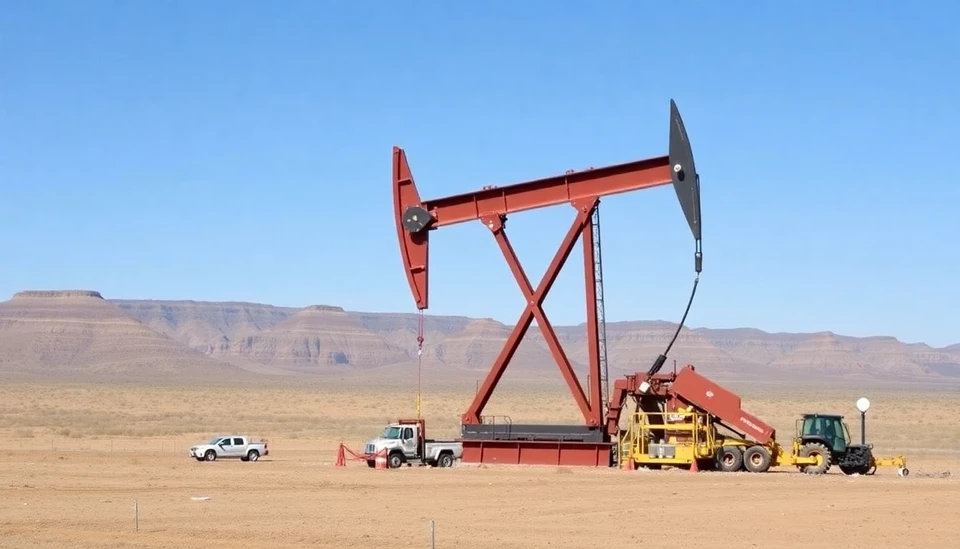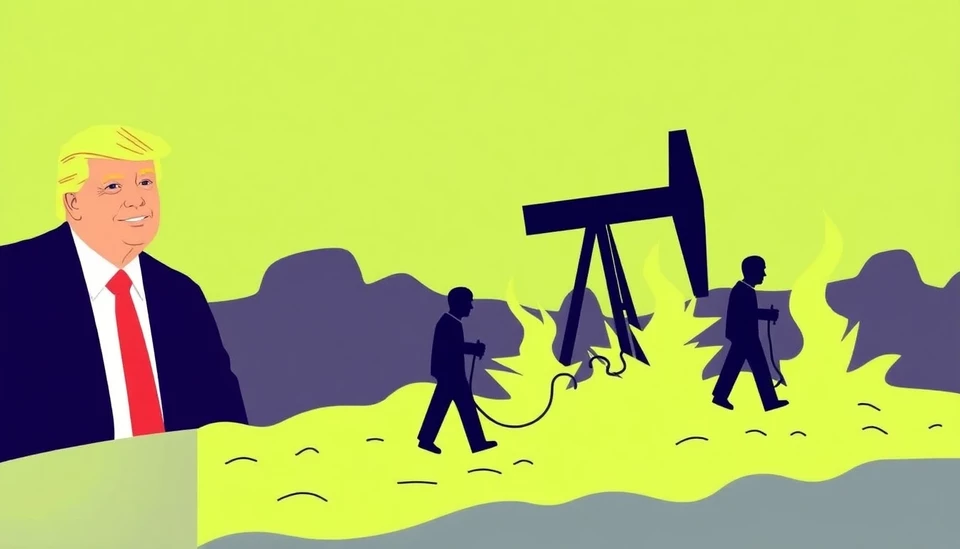
In a significant political shift following the recent elections, the Republican Party has gained substantial ground, positioning itself to expedite developments in the oil and gas sector. This shift comes at a time when energy policies are under intense scrutiny, and the industry seeks to capitalize on favorable legislative changes.
The Republican Party's sweeping success in various key races has set the stage for policies that aim to enhance fossil fuel production in the United States. With control over the House of Representatives, Republicans are poised to push for measures that favor oil and gas exploration and extraction, potentially reversing many regulations put in place during the previous administration.
Industry analysts have responded optimistically to this political outcome, suggesting that it could lead to an uptick in energy investments. Companies within the oil and gas sector are already strategizing on how to benefit from anticipated regulatory rollbacks, expecting a more business-friendly environment to foster growth and exploration activities.
In particular, analysts are focusing on the potential for increased drilling permits and leasing on federal lands, which had been a major point of contention in the previous administration. With Republicans advocating for the reduction of restrictions and the promotion of domestic energy sources, the stage is set for a renewed focus on fossil fuel initiatives.
Moreover, the recent electoral outcomes indicate a broader pro-energy sentiment among the electorate, with many voters expressing concerns over energy prices and the need for reliable domestic energy sources. This sentiment is likely to influence the legislative agenda as Republican leaders prioritize energy independence.
The implications of this shift extend beyond the immediate economic benefits, as it could also have a considerable impact on the environment and climate policies. Various stakeholders anticipate that a Republican-led Congress may sidestep stringent environmental regulations, raising alarms among environmental groups and advocates for renewable energy. As debates intensify over climate action, the balance between economic growth and environmental stewardship will remain a contentious issue.
As the new Congress comes into session, attention will be keenly focused on how these developments unfold. Observers are particularly eager to see whether Republicans can unify around a coherent energy strategy that addresses both economic and environmental concerns. Industry watchers will also be monitoring any potential resistance from Democrats and environmental advocates, who are expected to push back against aggressive oil and gas expansion initiatives.
In summary, the Republican electoral gains have opened the door to significant developments in the oil and gas industry, with potential long-term consequences for both the economy and the environment. As legislative sessions commence, the forthcoming discussions will undoubtedly shape the future of energy in the United States, fueling debates about sustainability, job creation, and energy security.
With the stage set for a new chapter in American energy policy, stakeholders across the board are bracing for a period of change that could redefine the landscape of fossil fuels in the coming years.
#OilAndGas #RepublicanSweep #EnergyPolicy #FossilFuels #Legislation #EconomicGrowth #Environment #EnergyIndependence
Author: Peter Collins




